(ECNS) -- The Belt and Road Forum on People-to-people Connectivity kicked off on Friday in Nanning, capital of south China's Guangxi Zhuang Autonomous Region, aiming to pool wisdom and strength to promote high-quality development of the Belt and Road Initiative (BRI).
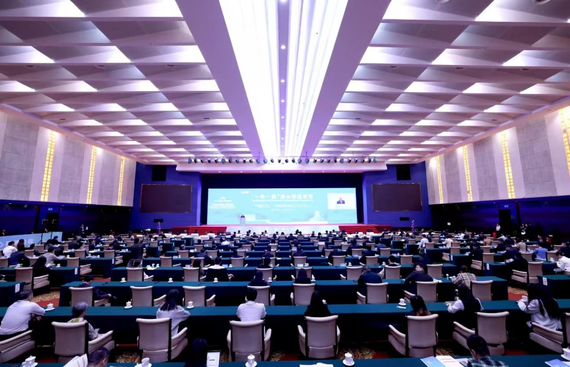
During the opening ceremony, Ding Zhongli, president of the Western Returned Scholars Association, said that 2024 marks the beginning of the second decade of the development of the Belt and Road Initiative (BRI).
He called on more overseas Chinese students to tell BRI stories well and play a vital role in promoting exchanges and mutual learning between China and other civilizations.
Guangxi is an important gateway for China's opening-up and its cooperation with the Association of Southeast Asian Nations (ASEAN) countries. Data from local customs shows that Guangxi's trade with ASEAN reached 307.65 billion yuan ($ 42 billion ) in the first 10 months of 2024, a 15.5 percent increase year-on-year.
2024 is also designated as the China-ASEAN Year of People-to-People Exchanges. Ong Tee Keat, president of the Belt and Road Initiative Caucus for Asia Pacific, stressed in his keynote speech that more BRI programs of in-depth people engagement can be tailor-made to suit the local conditions of ASEAN countries that have agreed to build a community of shared future with China.
He also pointed out that more new drivers for economic growth and sociocultural engagement are emerging from time to time as the China-ASEAN partnership is steadily evolving and progressing with the changing regional dynamics and developmental needs.
According to Hein Khaing, director of China Studies Institute (Myanmar), the key to promote people-to-people connectivity between China and ASEAN countries is to enhance the building of a community of shared future and an independent knowledge and discourse system of the two sides.
Sharlene May Cua, vice president of Philippine Association for Chinese Studies, noted that culture and language mutual learning as well as e-commerce business development through e-commerce platforms and social media channels are the kinds of people-to-people exchanges that China and the Philippines need.
In 2013, China proposed building a closer China-ASEAN community with a shared future and launched the BRI. Since then, bilateral exchanges and cooperation have intensified, covering tourism, education, culture, sports, and more.
This forum is organized by the Western Returned Scholars Association. It has attracted more than 150 political, business and academic representatives from BRI partner countries in southeast Asia, as well as experts, scholars, and representatives from the association and in Guangxi Zhuang Autonomous Region.








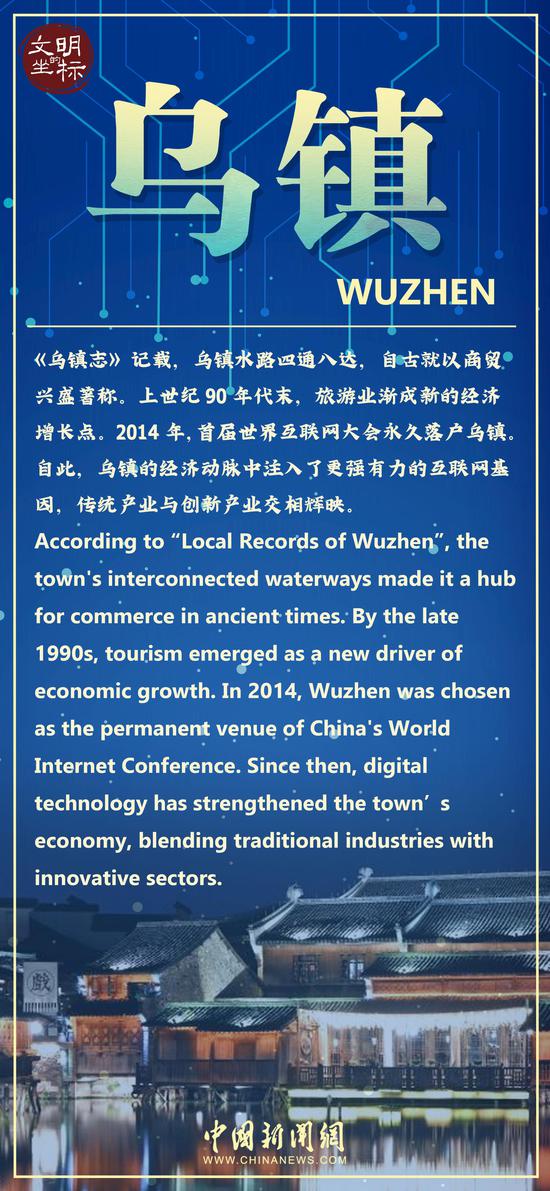

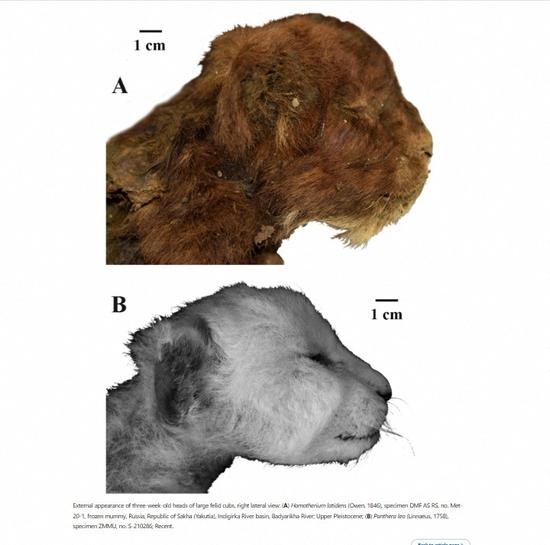





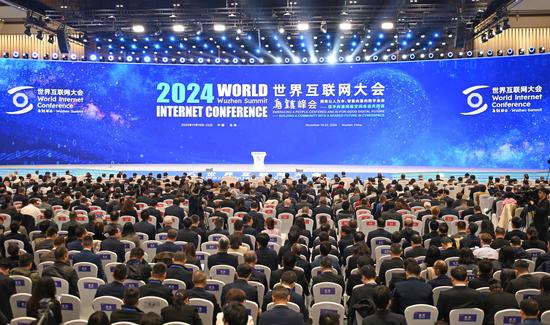


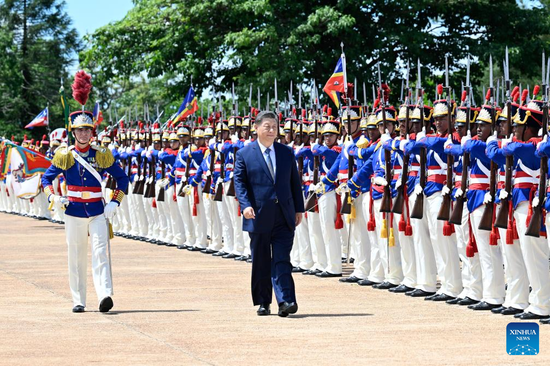

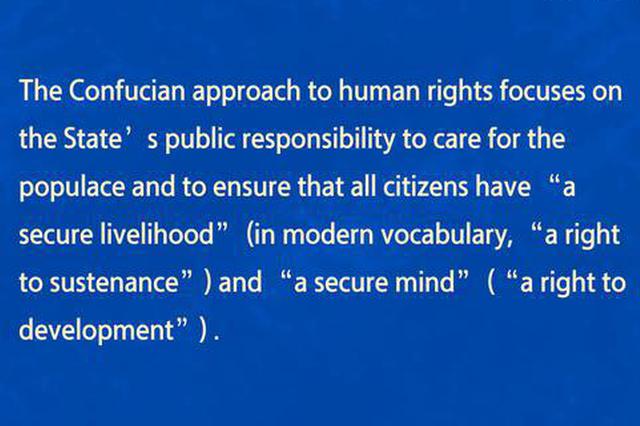
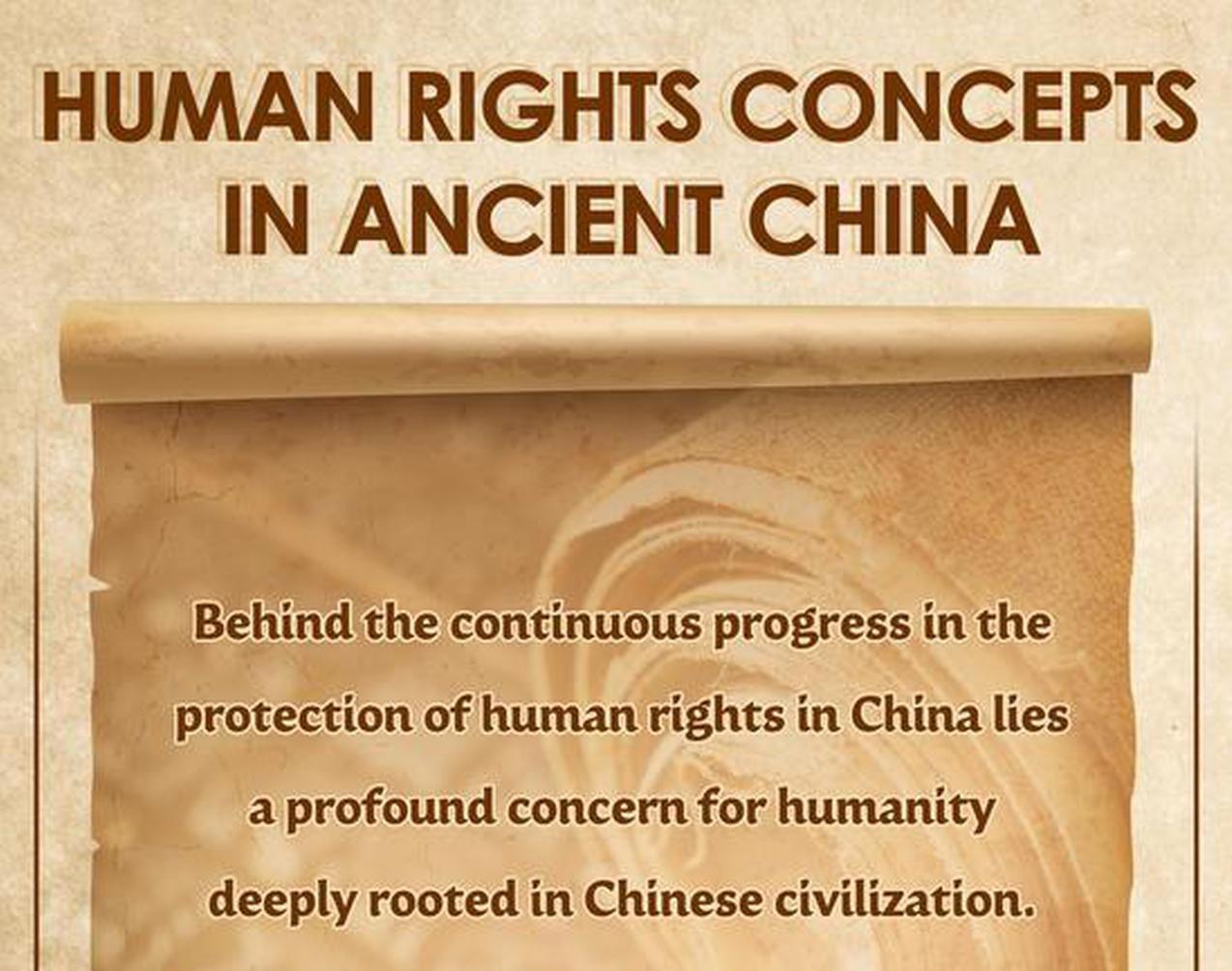



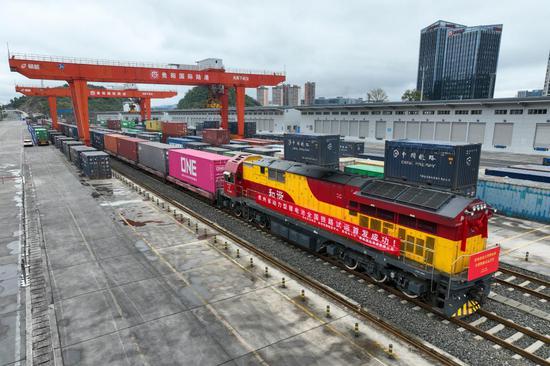
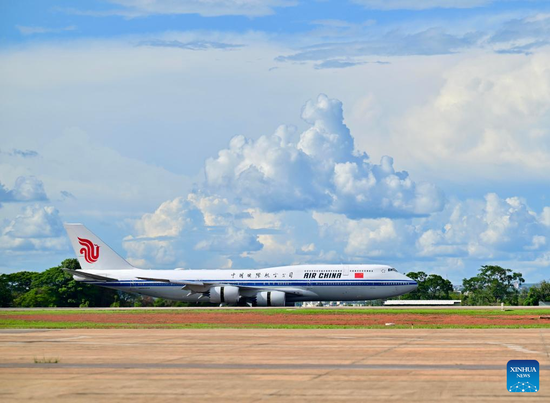



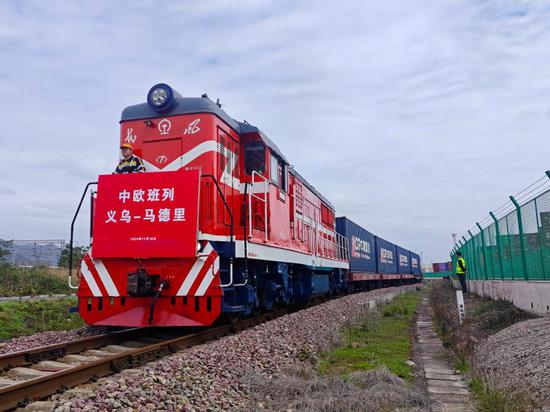
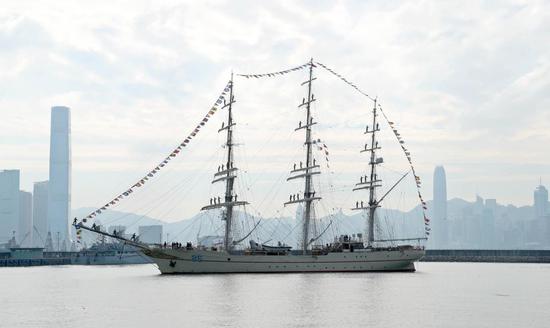

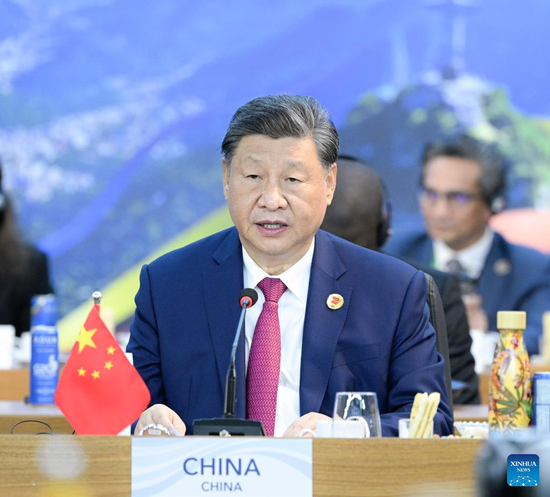

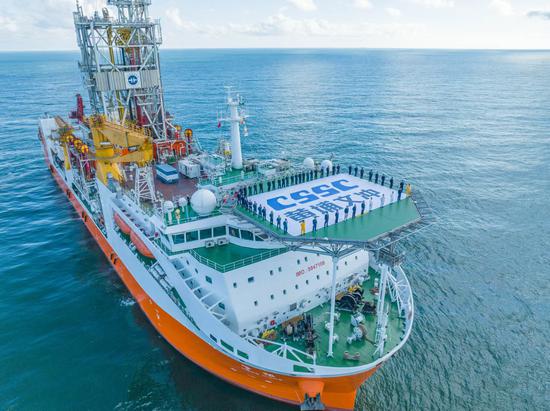
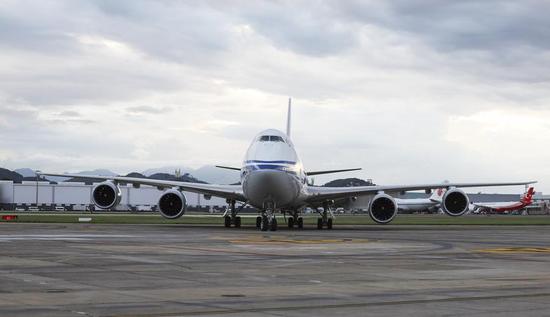
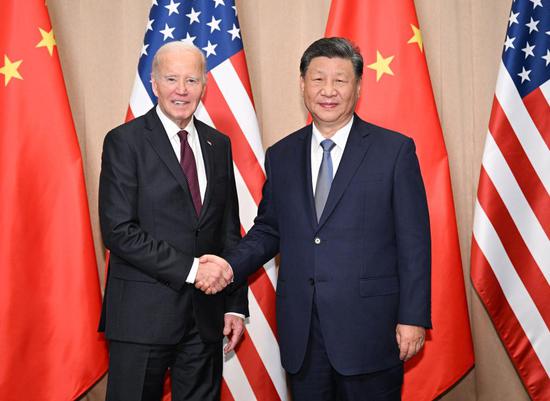
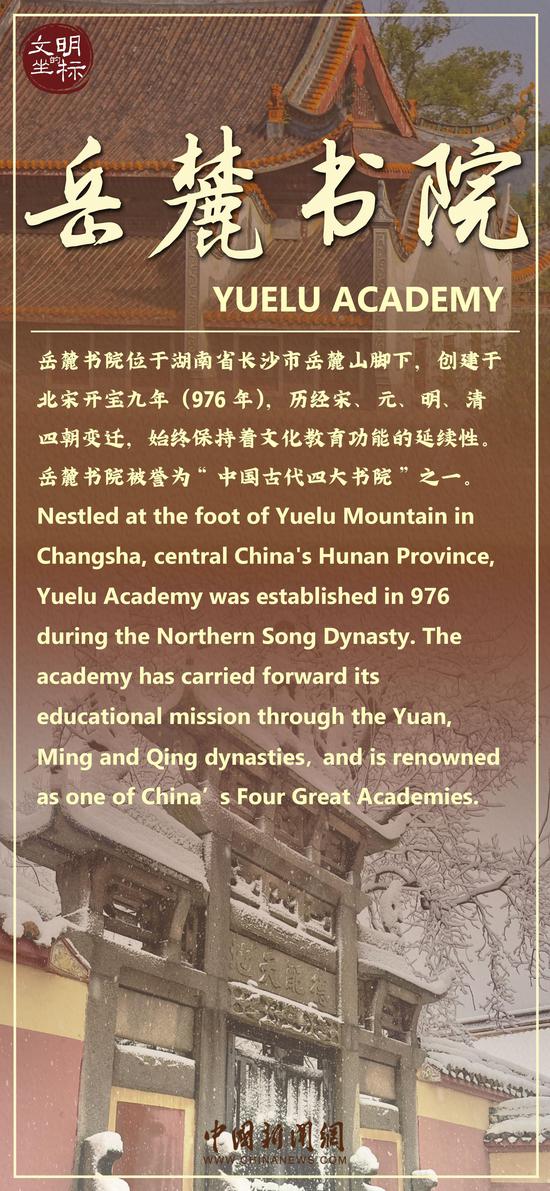

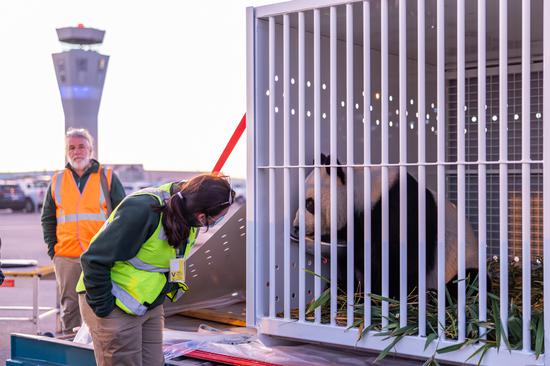
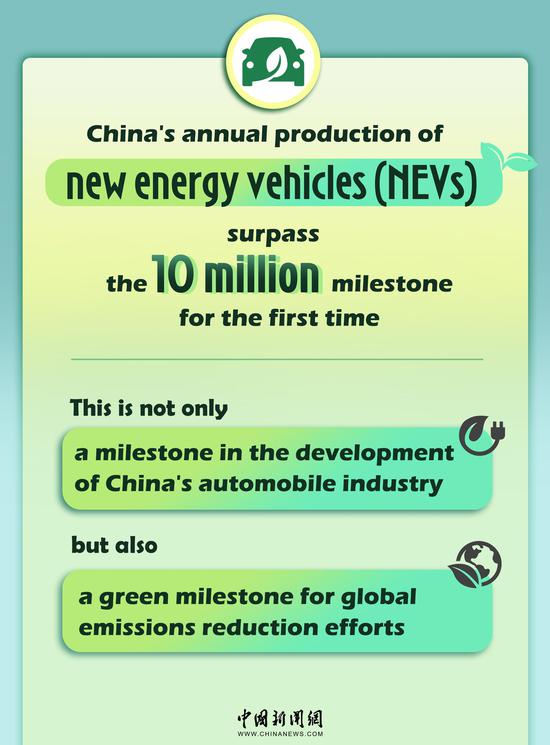

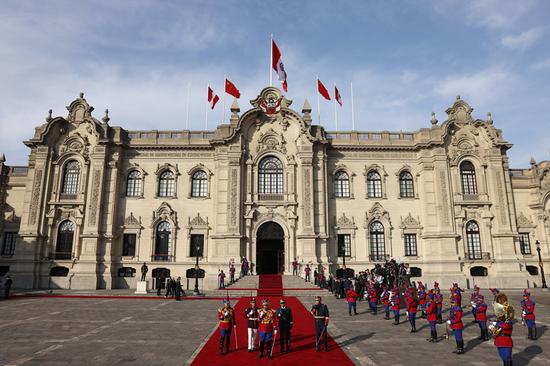



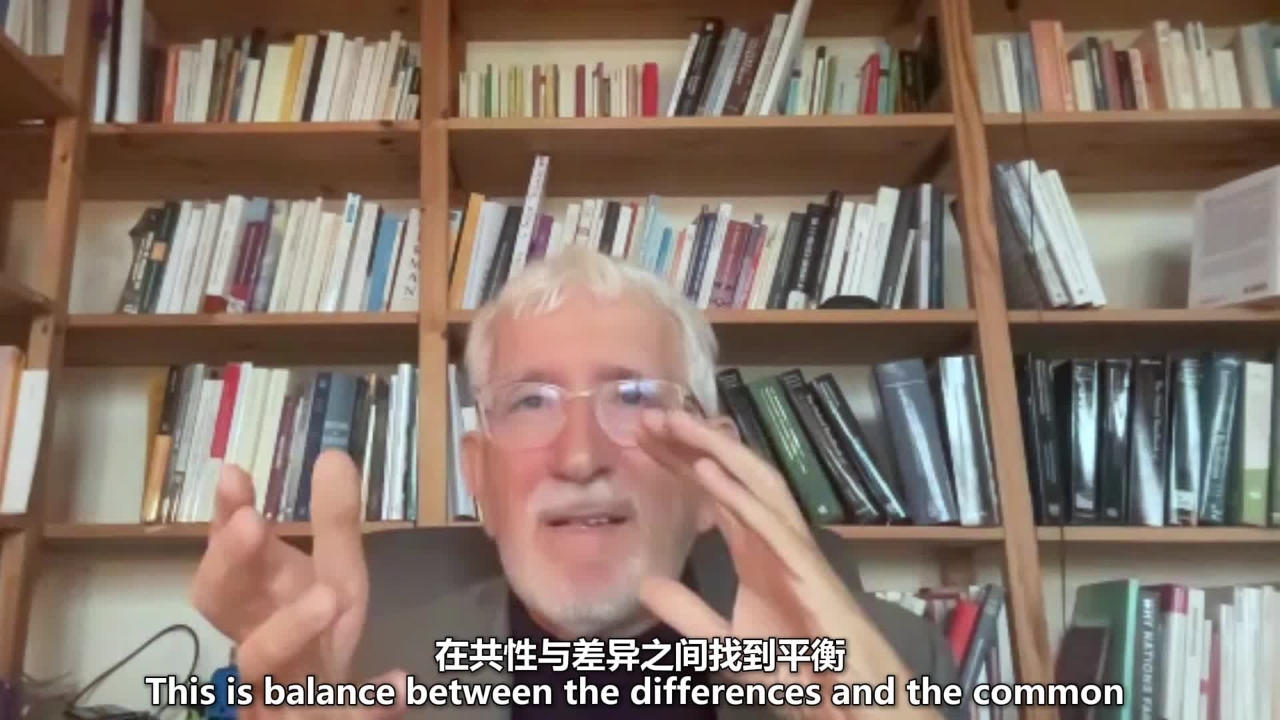

 京公网安备 11010202009201号
京公网安备 11010202009201号